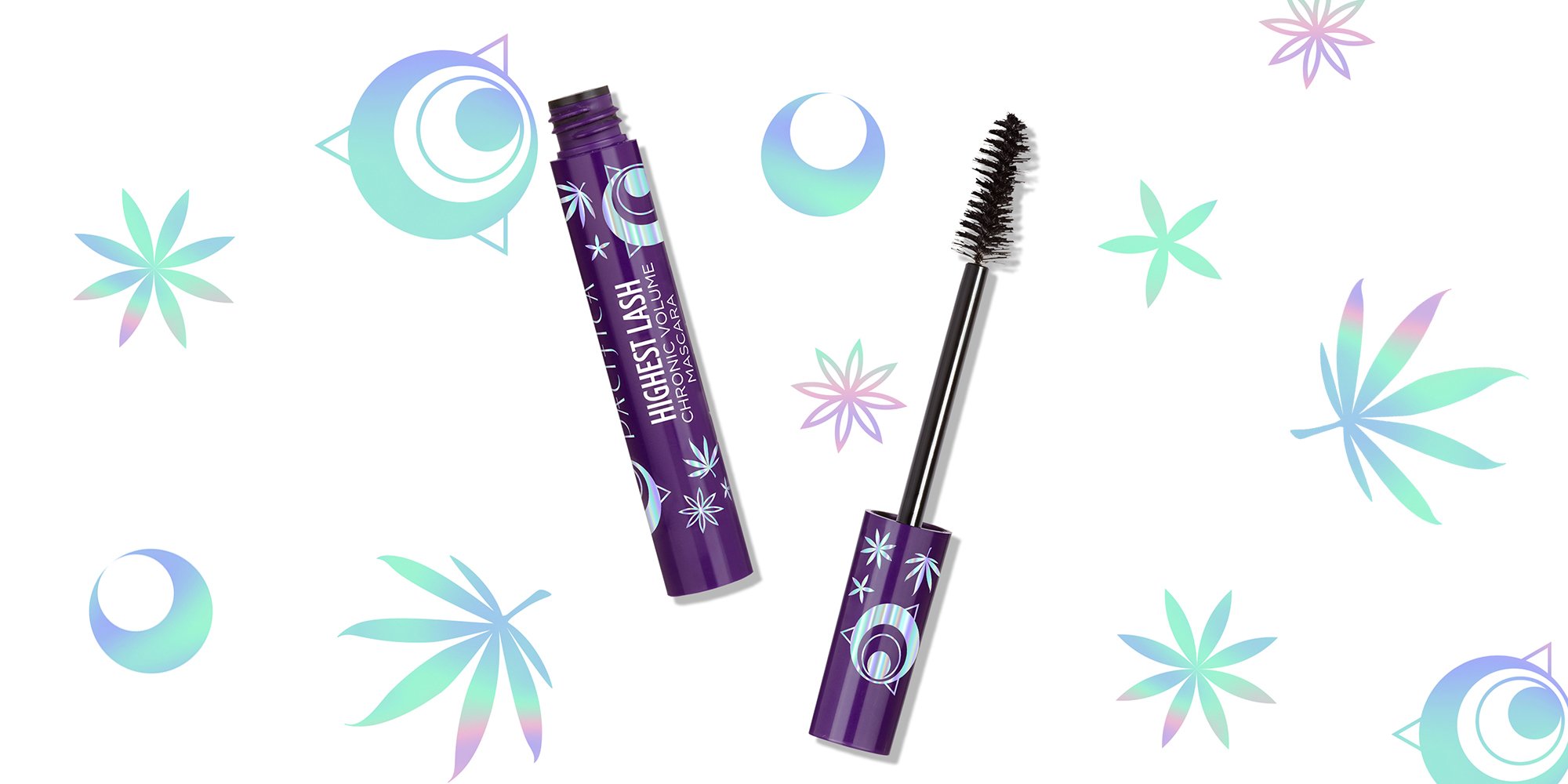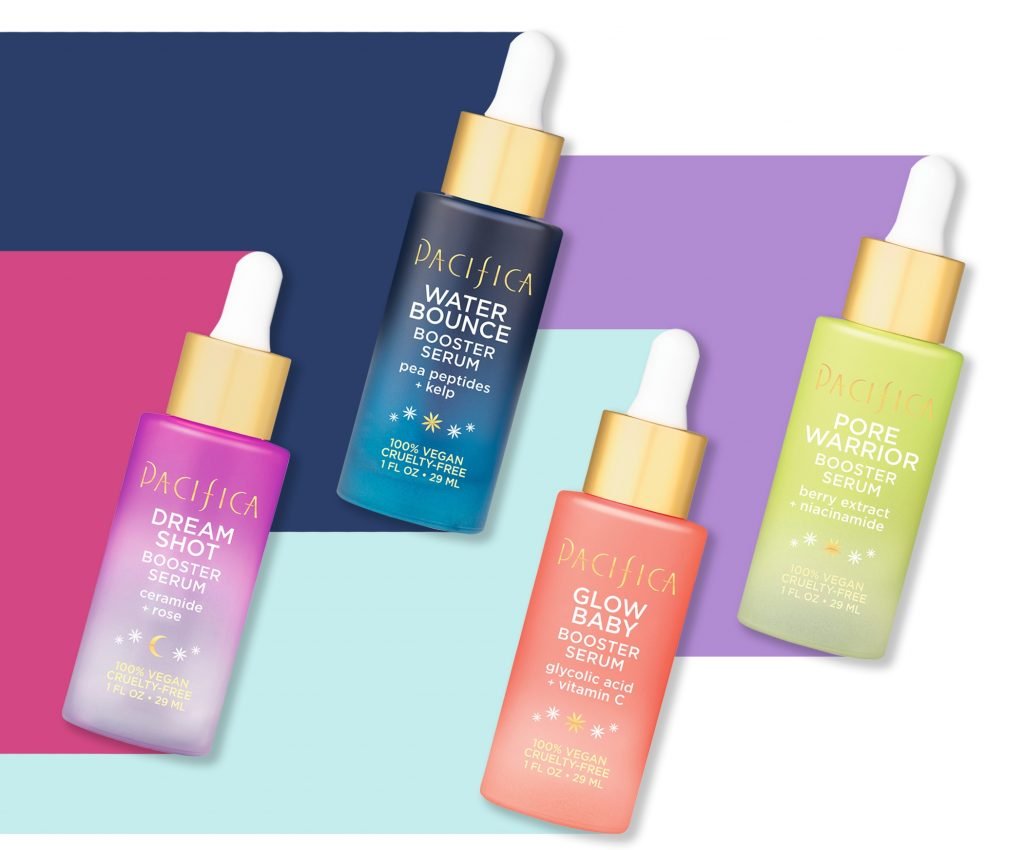
Pacifica Makes Tough Decisions To Ready Its Surging Business For The Next Phase Of Growth
After nearly a quarter century in business, Pacifica is strengthening its infrastructure to stick around for another quarter century—and more.
President and founder Brook Harvey-Taylor describes one of her primary responsibilities as “future-proofing” her clean beauty brand, and the decisions that go along with it aren’t always easy. Pacifica is outsourcing warehousing and production it’s managed at an in-house facility in Portland, Ore., which will close in January, to give it flexibility. With the closure, 75 employees are being let go. On a net basis, Pacifica’s workforce is shrinking by 60 employees to roughly 45 people because it’s adding to its headcount in other functions, including marketing and retail sales.
“To be honest, we have had some struggles. We have had inventory be wrong. We have sometimes not been able to ship to our retailers. As we’ve made mistakes, we’ve been like, ‘OK, we have to make major changes.’ We learned the hard way about what was sustainable once we got to a certain level of growth. We can’t expand and contract the same way a 3PL can,” says Harvey-Taylor, elaborating, “It’s been something we’ve been thinking about for a long time. We have an incredible workforce in Portland that we really care about, but it’s not scalable, and it’s not serving our brand. There are 3PLs that do a much better job than we can do.”

Pacifica’s revenues, estimated to be around $100 million yearly, are surging at a double-digit percentage clip annually. The brand’s assortment contains 300-plus stockkeeping units spanning the skincare, color cosmetics, supplement, haircare, sun care, fragrance, nail, and bath and body categories. Among its bestsellers are Sea Foam Complete Face Wash and mascara, notably the recent release Highest Lash Chronic Volume Mascara. A new body care range will hit Target in the spring. Aside from Target, Pacifica is available at Whole Foods and Ulta Beauty. The brand will enter Canadian pharmacy chain Shoppers Drug Mart in January.
“As we’ve made mistakes, we’ve been like, ‘OK, we have to make major changes.’ We learned the hard way about what was sustainable once we got to a certain level of growth.”
Skincare and color cosmetics are Pacifica’s biggest sales engines, but the brand’s roots are in fragrance. Harvey-Taylor began it in 1996 by selling perfumes and candles at local fairs in the Pacific Northwest, and she says fragrance remains a “significant part” of Pacifica’s business. The Portland facility has been involved in perfume manufacturing, and the brand is transitioning that manufacturing to a contractor. Harvey-Taylor emphasizes the shift won’t diminish the quality of its fragrances.
In 2016, Pacifica sold a minority stake to Alliance Consumer Growth, a private equity firm that also has Ouai Haircare, Harry’s, Milk Makeup, Tata Harper, Nudestix and Lola in its portfolio. It’s not uncommon for a beauty company to outsource manufacturing previously handled internally in the wake of an investment or acquisition. Clarisonic, for example, eliminated a production facility following L’Oréal’s purchase of the device brand. However, Harvey-Taylor says Pacifica’s reshuffle isn’t the result of investor pressure. The employees being laid off in Portland will receive severance packages.

“I think we are pretty lean and mean as a brand. The 3PL piece is going to make us more nimble and faster and, at the end of the day, there will be somewhat of a cost saving, but this isn’t our investors coming in saying we need to cost costs, and you have to make all these changes,” she details. “In fact, our investors have been amazing, and that’s not been a part of this. For us, it’s about serving our customers, and making sure we are on time and knowing where our inventory is. It’s about improving our systems.”
“It’s about serving our customers, and making sure we are on time and knowing where our inventory is. It’s about improving our systems.”
Pacifica is retaining a small number of employees in Portland mostly in managerial positions. The brand has opened an office in Los Angeles housing its marketing, planning and sales departments. Harvey-Taylor operates out of a Carpinteria, Calif., office and commutes to the L.A. office twice a week. Michael Kremer, formerly vice president of marketing at NYX, has joined Pacifica as CMO. He’s based in the L.A. office, but commutes to Carpinteria once a week. Kremer is building out Pacifica’s team beneath him as the brand aims to amplify its marketing efforts. Digital director is a key role Pacifica is looking to fill.
Although the brand has been at the forefront of the vegan and cruelty-free beauty trend, Harvey-Taylor points out it’s not as recognized as it could be as a clean beauty pioneer. In a recent study of the general population conducted by Pacifica, 60% of respondents hadn’t heard of the brand. “That just shows how much growth we still have ahead of us,” says Harvey Taylor, continuing, “We can really put some marketing behind what we are doing. We can start strategizing around our heroes. Let’s make sure the people who have never heard of our brand get to experience it, and make sure we are driving consumers to our great introductory SKUs that are the gateway to the brand.”

Going forward, she envisions Pacifica maintaining the fast growth rate it’s been registering. That growth rate is undoubtedly attractive to an acquirer, but Harvey-Taylor isn’t gunning for a sale. “We did not set out to get an investor to blow it up and sell it in a couple of years. We brought on an investor to help us grow and be mindful of what we are doing. We don’t have an exact exit strategy to this day,” she says. “Our goal is to continue growing and being a solid brand that thinks about our future.”





Leave a Reply
You must be logged in to post a comment.